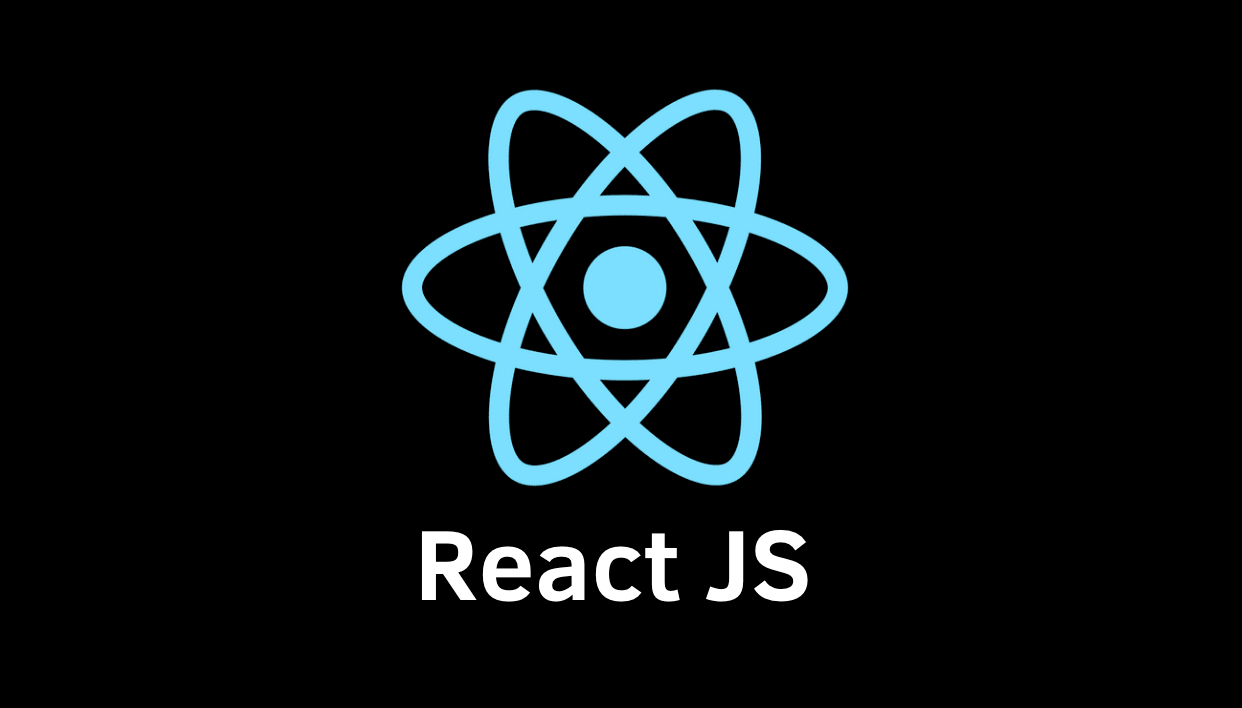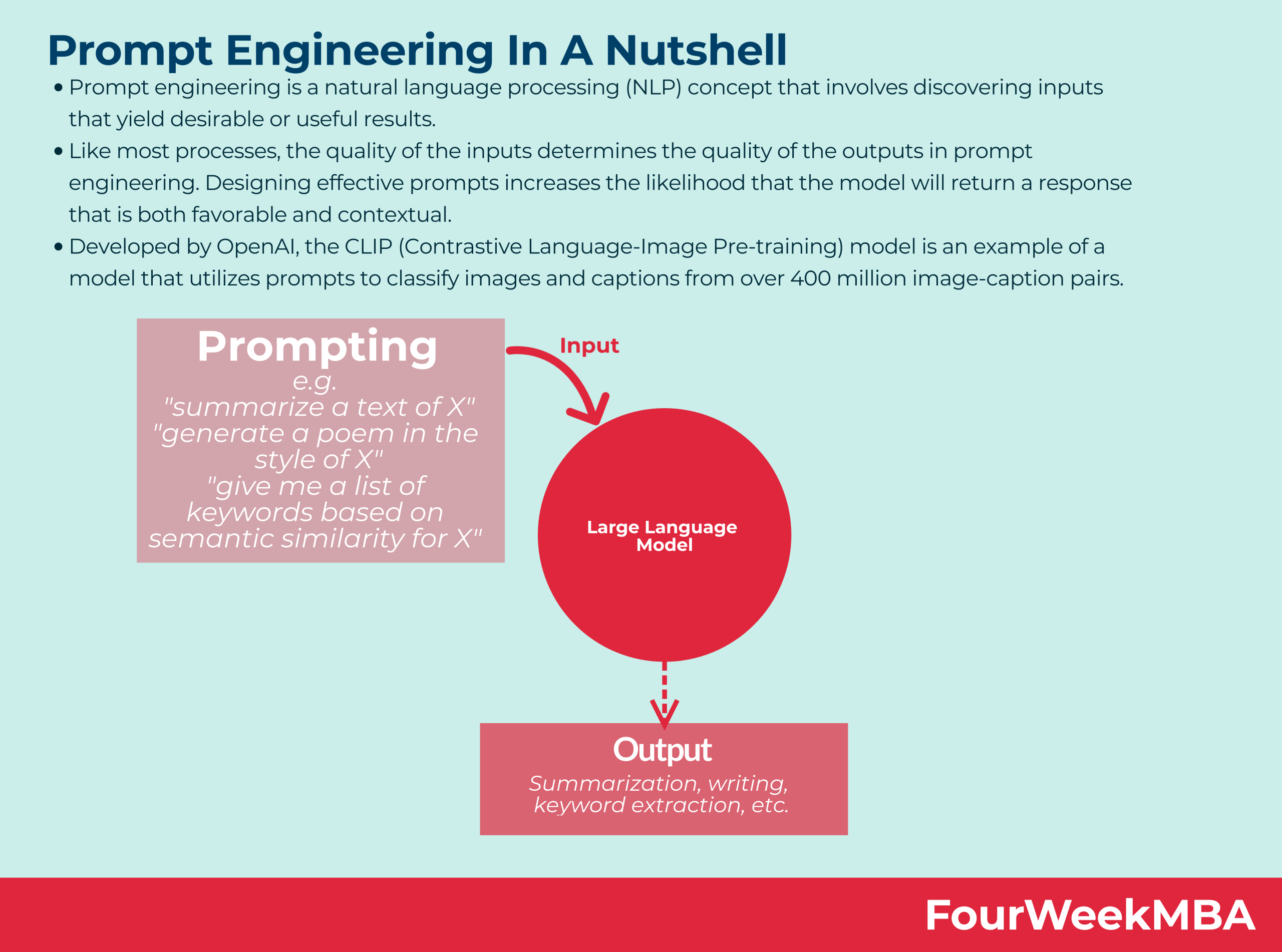"Introduction to Security Operations and Threat Analysis"
A SOC (Security Operations Center) Analyst is a cybersecurity professional responsible for monitoring, detecting, and responding to security incidents within an organization's network. They work in a fast-paced environment, constantly analyzing and investigating potential threats to the organization's systems and data. SOC Analysts use a variety of tools and techniques to identify and mitigate security risks, such as intrusion detection systems, firewalls, and vulnerability scanners. They also conduct regular security audits and assessments to ensure the organization's systems are up-to-date and secure. In addition to monitoring and responding to security incidents, SOC Analysts also play a crucial role in incident response and recovery. They work closely with other members of the cybersecurity team to contain and remediate any security breaches, as well as develop and implement strategies to prevent future incidents. To be successful as a SOC Analyst, one must have a strong understanding of network security, threat intelligence, and incident response procedures. They must also possess excellent analytical and problem-solving skills, as well as the ability to work well under pressure. Overall, a SOC Analyst is a vital member of any organization's cybersecurity team, helping to protect sensitive data and systems from cyber threats.
English
Last updated
Thu, 30-May-2024

















